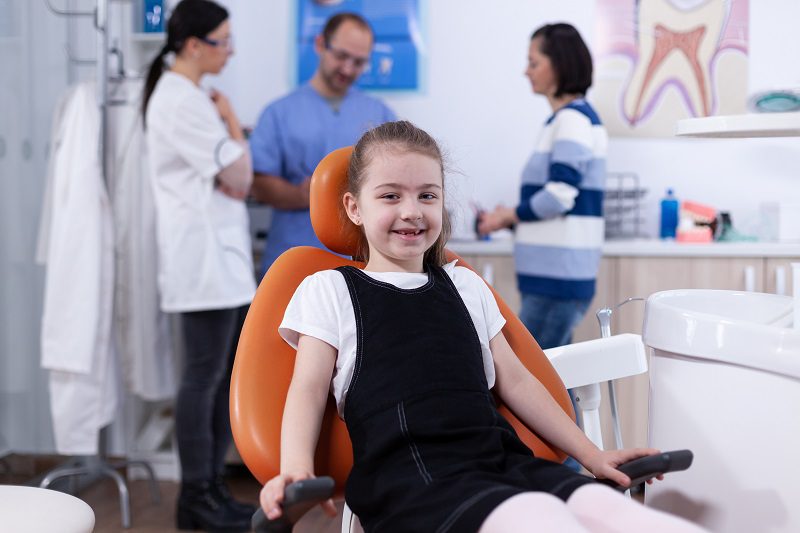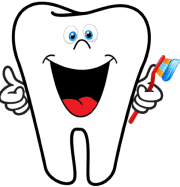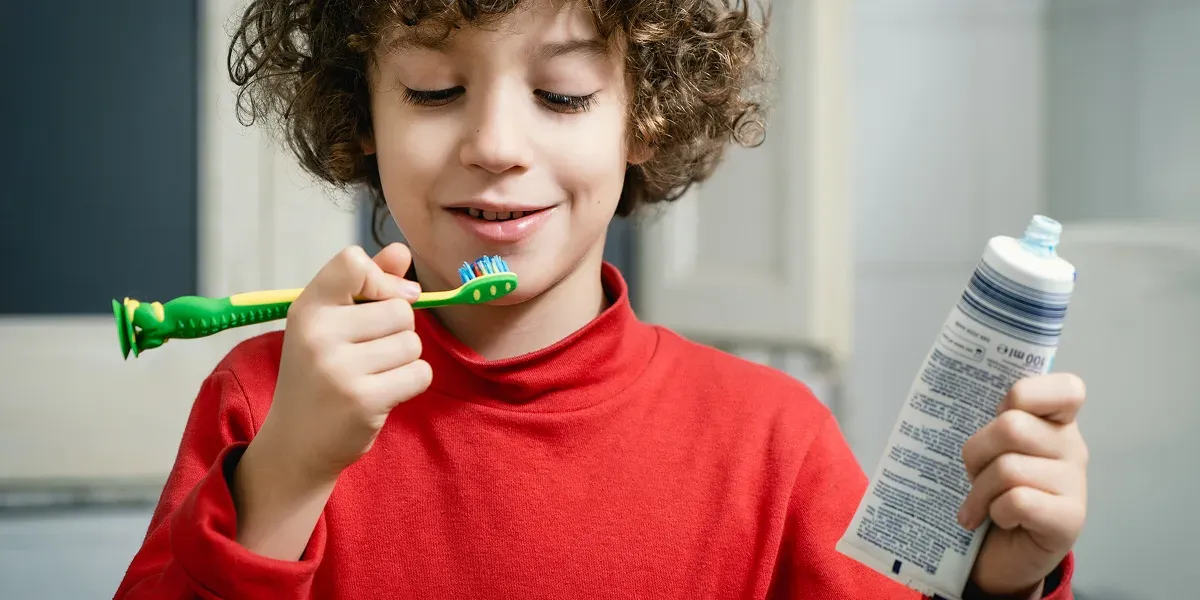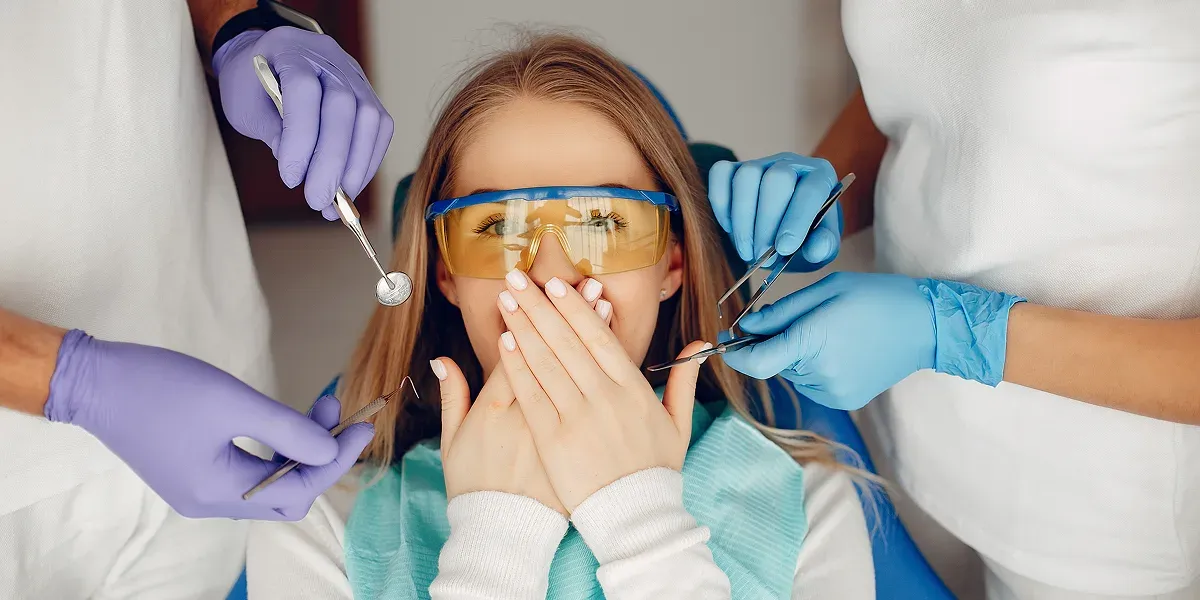
Wisdom Tooth Extractions
A person's wisdom teeth are the third and final set of molars, which usually appear in their late teens or early twenties. As long as they're healthy and aligned, these teeth may be a great addition to the mouth. However, wisdom tooth extractions are most likely in your near future if you're experiencing discomfort or swelling in the third molar region. But what if your wisdom teeth aren't troubling you right now? At what point should they be taken out? What if you don't need to remove your wisdom teeth at all?
If you have issues with your dental anatomy or oral health, you should consult your oral surgeon right away. Additionally, you can prepare yourself by reading the information provided in this post.
Why does Wisdom Tooth Need to be Extracted?
Wisdom teeth can emerge at various angles, sometimes horizontally, causing plenty of more significant issues such as:
- Getting impacted while remaining hidden inside the jaw. Cysts and tumors are occasionally caused by wisdom teeth that have become impacted.
- Only partially emerging through the gums, allowing germs to get through. Because wisdom teeth are difficult to reach during routine cleaning, a partly emerging wisdom tooth allows bacteria to develop, increasing the risk of gum disease or infection.
- Crowd adjacent teeth. Wisdom teeth may crowd or harm other teeth if they do not have enough room when they erupt.
Considerations for Wisdom Tooth Extraction

If wisdom teeth must be extracted, it is preferable to do it when you are young before periodontal disease already begins. However, regardless of age, removing impacted third molars may have a critical impact on the periodontal tissues of your subsequent molars. The presence of a previous periodontal abnormality, your age, and the quality of dental hygiene may all be indicators of unfavorable results.
Having your wisdom teeth extracted can have a major impact on your dental health and overall well-being. However, several factors must be considered before the surgery is carried out.
- Because wisdom teeth extraction is a surgical operation, you must be in excellent enough health to undergo it. If your oral surgeon requires further information, he or she may request your medical history and consult with your doctor.
- Similarly, your smile must be in good condition for you to have your wisdom teeth out. Any current infection or gum disease, in particular, might impede normal healing and leave you more vulnerable to problems following the surgery.
What is the right age to have a wisdom tooth extracted?
Patients are more likely to have a wisdom tooth extracted while they are in their teens or early twenties. Improperly positioned wisdom teeth can lead to serious problems, such as impacted wisdom teeth. As a result of the patient's advice, an extraction may not be necessary for some situations. Wisdom teeth can cause issues years or decades later.
The time to remove your wisdom teeth is now if you're experiencing symptoms. Each person's medical condition, on the other hand, is unique. The best way to get individualized advice is to speak with an expert oral and maxillofacial surgeon.
Wisdom teeth and issues related to them are quite frequent in dental practice. This common treatment, which is merely one component of oral surgical practice, is normally performed by an oral surgeon who is skilled in their examination and surgical removal.
A comprehensive examination and consultation with an oral surgeon or your dentist that covers all of the risks, advantages, potential repercussions, and alternative treatment choices will give you the data (and wisdom) you need to decide what is best for your wisdom teeth.
There is no treatment guide on this website, and it should not be used as a substitute for professional dental advice from a dentist. It is highly recommended that you contact your Stockton dentist, Dr. Sajjad Rizvi, at Happy Kids Dental today to learn more about wisdom tooth extractions.
*Neither this nor any of the other content in this media is meant to prescribe, recommend, or prevent any treatment or procedure.
Resources:
Subscribe To Our Newsletter
Get Updates And Learn From The Best


